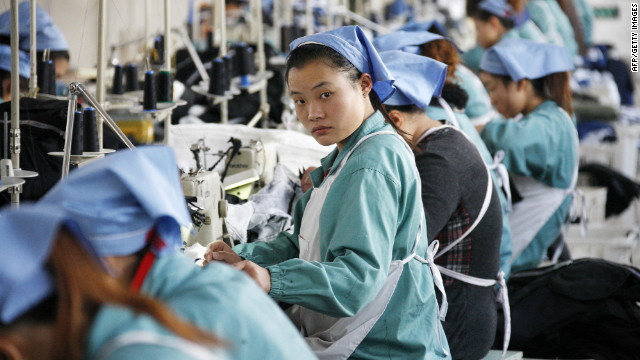|
The US-China trade relationship is like many 30-year marriages - while the union remains solid, spats become unavoidable. Political and economic match-making pundits have prescribed more than small talk to try to get the bilateral trade ties back to honeymooning solidarity. Some are already looking forward to the scheduled visit to China by US President Barack Obama in November. Protectionism is the key dispute-causing issue with the US-China trade relationship, with some experts saying it is "deepening" under the Obama administration. Some fear that protectionism could grow in today's flagging global economy. This explains why both China and the United States have publicly stated a desire to avoid protectionist pitfalls in what is the harshest economic time since the Great Depression. Chinese Commerce Minister Chen Deming said in Beijing last month that avoiding trade walls would be an "imminent priority." US Ambassador to China Jon Huntsman echoed Chen's sentiments, saying a spate of meetings following this summer's Strategic and Economic Dialogue plus Obama's tour of Beijing would set the bandwidth for further communication. "By the end of the year, we should be in better shape than ever before between the United States and China to be able to anticipate a positive tomorrow," Huntsman told reporters in Beijing on Wednesday. "I hope we will be able to transcend our disagreements and focus on peace and prosperity," he added, referring to Obama's upcoming visit. The US ambassador said that, despite Obama's willingness to engage the Chinese more than his predecessor, recent rhetoric underlines a growing sentiment of economic nationalism and protectionism. Some have taken note of Obama's protectionist statement made during last year's presidential campaign and are unsure of his intentions. Nicholas Hope, director of the Center for International Development at Stanford University and a former country director for China at the World Bank, said such statements are unlikely to translate into actionable policies. "I would like to think that it's not much more than rhetoric," he said. Others, however, have voiced concerns over the US President's support from unions and said he could become beholden to groups who view trade with China as a threat to their own livelihoods in the US. But Hope predicted that Obama would avoid such entrapments. "I wouldn't want to see the Obama administration go down that path and I'm fairly confident that they won't." "Protectionism is in no one's interest in the long term," he said, adding that protectionist policies were one of the driving forces behind the 1930s depression.
|
|
US-China trade ties deepen amid challenges
Updated: 2009-10-8 Source: China Daily

Recommended News
Photo Gallery
Most Popular



